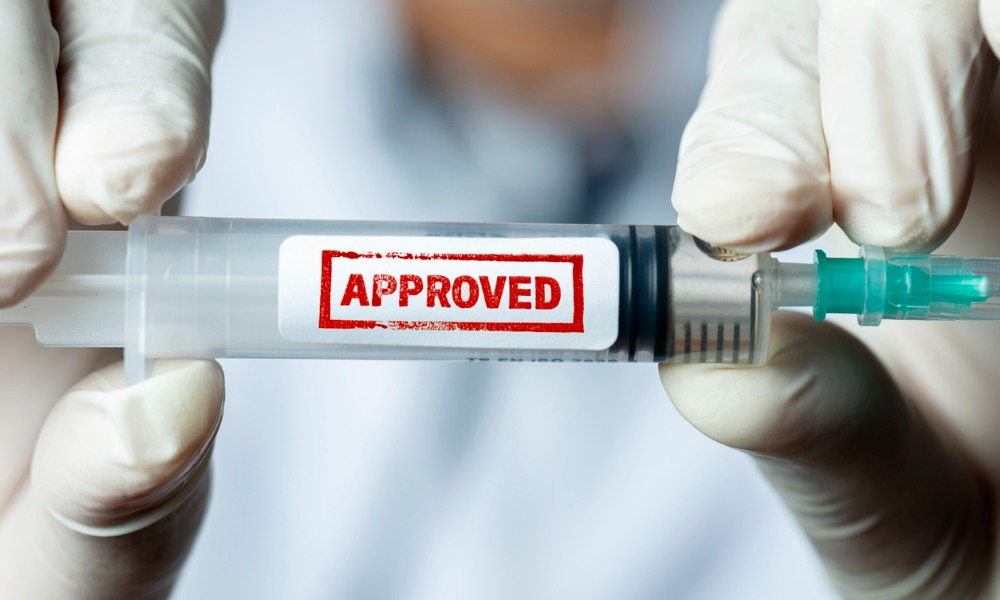
Tribunal says issue can be attributed to employment

The state government of South Australia has been ordered to pay a former government employee weekly income support after he suffered from pericarditis after getting a COVID-19 booster shot.
The South Australia Employment Tribunal (SAET) ruled that former child and youth support worker Daniel Shepherd is entitled to weekly payments of income support and payment of medical expenses from the state government as a result of the injury.
According to SAET documents, Shepherd was a former employee of Baptist Care SA, which had a subcontract with the Department for Child Protection (DCP), when he received his first two vaccine shots in August and September 2021.
Shepherd developed "adverse symptoms" following the shots for about one to two weeks, including aching joints, cold and flu symptoms, and minor chest pains after his first shot. He also suffered from body aches, headaches and cold and flu symptoms after his second shot.
The employee later switched employers to the DCP as a child and youth worker in October 2021, where he was mandated under the Emergency Management Act 2004 (EM Act) to take a booster shot of a COVID-19 vaccine.
Shepherd complied with the mandate by February 2022, and once again suffered from severe chest pains days after getting the third shot.
The chest pains became "unbearable" to the point that he had to be taken to the hospital, with doctors later diagnosing him with post-vaccine pericarditis, according to court documents.
Pericarditis is the swelling and irritation of the tissue surrounding the heart, which the cardiologists said would take a "long time to resolve."
Shepherd has become off work since March 2022, before later working in a part-time administrative role between September and November 2022.
Government defence
The former government employee initially sought weekly income support and medical expenses from the state government, which rejected the claim and refused to accept that the vaccine caused his pericarditis.
The government, citing the Return to Work Act 2014, argued that the injury did not arise from the employment, but from the direction given under the EM Act.
It also argued that the EM Act excludes any liability that would otherwise arise from the law.
SAET sides with employee on injury
But SAET sided with the former government employee on the matter, ruling that the injury was a "direct consequence" of an EM Act vaccination order and of Shepherd's employment.
"The connection between employment and the injury is a strong one given I have found that Mr. Shepherd would not have had a third dose of the vaccine if he had not been required to in order to continue working," said Tribunal deputy president Judge Mark Calligeros in his decision.
"The rejection of Mr. Shepherd's claim should be set aside and it should be ordered instead that he receive weekly payments of income support and payment of medical expenses."
The state has since admitted that the third dose of the vaccine caused the injury to Shepherd.
A spokesperson from the SA government said the decision means that a government employee is covered by compensation laws if they suffer from an adverse reaction or injury in their attempt to comply with mandatory vaccinations.
"That is consistent with ordinary principles of workers compensation, which ensure that workers are given appropriate support for injuries which arise from their employment," the spokesperson told ABC News.
"The government will consider the court's decision and obtain advice on any implications for the effectiveness of the Emergency Management Act."